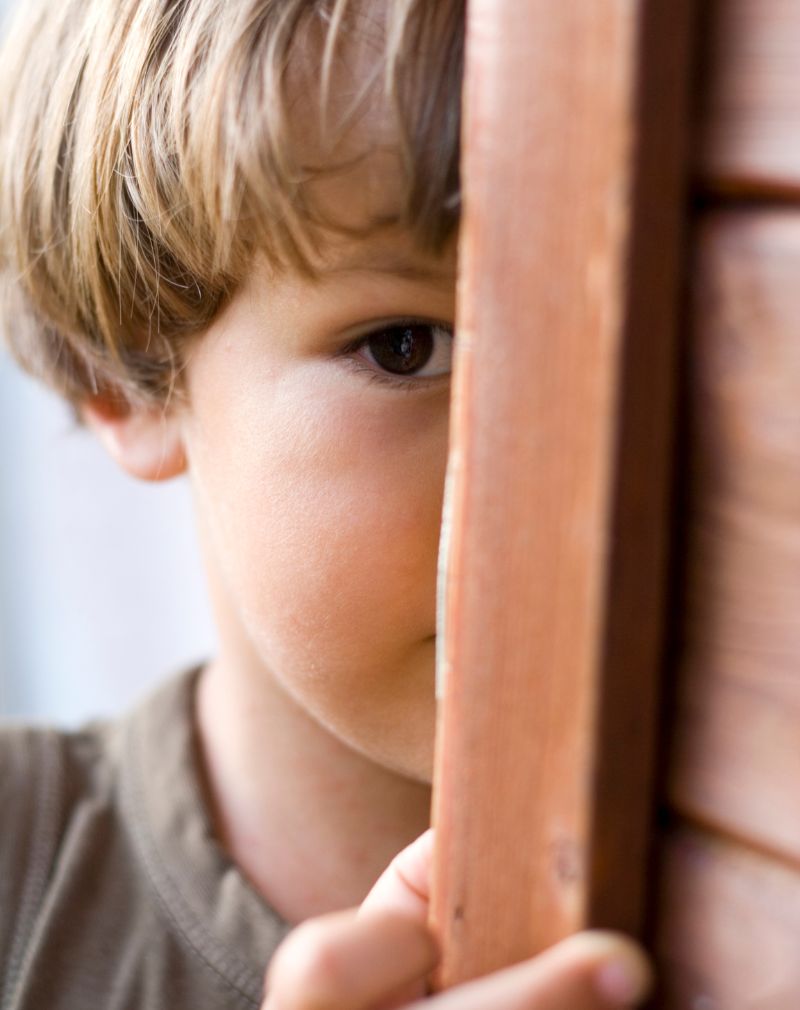Your child forgets their homework again. They snap at you when you ask a simple question. You feel your patience vanish, and before you know it, the words come out: “Why are you always like this?”
You are not alone. Nearly 60 percent of parents admit they feel emotionally overwhelmed when faced with their child’s difficult behavior. It is not because they do not love their children. It is because frustration speaks louder than understanding in those heated moments.
Blaming a child might feel like control in the moment, but it leaves them carrying shame instead of learning better ways to cope. And shame does not teach. It only silences.
The good news? There is another way. By looking at your child’s behavior through the lens of psychology, you begin to see what is really driving it. Stress, fatigue, worry, or needs they cannot put into words.
At The American Wellness Center in Dubai Healthcare City, our Child Psychology team helps parents make that shift. From blame to support. From power struggles to understanding. Let us tell you how.
Why Parents Tend to Blame Their Children
Blame is often the first response, not because parents are cruel, but because they are exhausted. Stress takes over, and the easiest target becomes the child standing in front of them.
In a city like Dubai, the pressure is doubled. Parents balance long work hours, financial demands, and cultural expectations, often without enough emotional support. When patience runs thin, frustration spills out.
The truth is, blaming gives a fleeting sense of control but leaves behind damage that lingers.
- “You never listen” usually means your child is overloaded and tuning out.
- “Stop being lazy” may hide real struggles with focus, planning, or energy.
- What looks like defiance is often a signal that your child is overwhelmed, not disobedient.
What Blame Does to a Child’s Brain
When a child is blamed, their brain doesn’t hear logic. It hears threat. The body responds with fight, flight, or freeze.
Over time, constant criticism raises stress hormone levels. Cortisol that spikes occasionally is manageable, but when it stays high, it can interfere with brain development, especially in areas linked to memory and emotional control.
- Children who grow up in this environment often carry invisible scars.
- They become anxious, expecting criticism even before it comes.
- They withdraw, thinking silence is safer than expression.
- They lash out, mirroring the hostility they have absorbed.
- They struggle to calm down because no one modeled calm for them.
The uncomfortable reality: children who are regularly blamed are at greater risk for depression and social struggles later in life. Blame doesn’t toughen them—it breaks their sense of safety.
Understanding the Root of the Behavior
Every behavior tells a story. It may not be the story we want to hear, but it is always a form of communication.
A tantrum after school isn’t just “acting out.” It could be the crash after a day of holding it together in a loud, demanding classroom. A child who refuses homework might not be careless. They may be anxious about failing before they even begin.
Common roots behind behavior:
- Fatigue that makes even small tasks feel impossible.
- Sensory overload where lights, sounds, or textures push a child past their limit.
- Anxiety that hides beneath irritability.
- Neurodevelopmental differences like ADHD or autism that affect focus and flexibility.
A real example: a 7-year-old melts down every day after school. Parents see defiance. In truth, the child is worn out by sensory fatigue and simply has no energy left to cope.
At The American Wellness Center in Dubai Healthcare City, our Child Psychology team looks past the surface. We don’t just manage behavior. We uncover the need beneath it and guide families toward healthier responses.
How to Respond Supportively (Instead of Blaming)
Children don’t need perfection from you. They need presence. When blame rises to your lips, pause long enough to ask yourself what’s really happening beneath the surface.
Curiosity changes everything. Instead of “Why are you always so difficult?” try, “I noticed you threw your toy. What’s going on?” One keeps the door open. The other slams it shut.
Support begins with calm, not control. A child who is overwhelmed cannot hear reason. Help them settle first, then talk. Discipline without regulation is just noise.
- Blame silences, curiosity invites.
- Connection before correction always works better than shouting first.
- If you want your child to stay calm, they need to see you model calm.
Small tools help:
- The pause-and-ask technique: stop, breathe, and ask, “What is my child feeling right now?”
- Show the behavior you want repeated—tone of voice, empathy, problem-solving.
Honest truth? Your child won’t learn to manage emotions if the only thing they see is yours out of control.
When to Seek Help
Every parent hits a wall. But when the struggles repeat day after day, it’s no longer just “a phase.”
If your child avoids school, lashes out at home, or withdraws from friends, these aren’t quirks to wait out. They’re signals. The longer they’re ignored, the harder they are to untangle.
Some of the most common red flags:
- Mood swings that don’t settle with time.
- Consistent sleep disruption or nightmares.
- Grades dropping despite effort.
- Extreme fear of mistakes or criticism.
And here’s something most parents miss: your exhaustion matters too. If you’re constantly guilty, burned out, or losing patience every day, it’s a sign you need support just as much as your child.
At The American Wellness Center in Dubai Healthcare City, our Child Psychology Department offers real help; family therapy to rebuild trust, assessments to understand hidden struggles, and guidance sessions for parents who feel lost.
Because the truth is simple: waiting never makes these problems smaller. It only makes them heavier.
Because Your Child Can’t Wait Forever
Every child carries more than we see. And every parent knows the sting of getting it wrong. What matters is what you do next.
Blame is easy. Support takes courage. But the cost of waiting is always higher than the cost of change.
- Pain ignored today becomes a prison tomorrow.
- Healing doesn’t happen on its own, you must choose it.
- Waiting always costs more than acting now.
We’ve seen too many families arrive when the damage has already deepened. The guilt is heavier. The wounds take longer. You don’t want to be in that chair.
If you’ve read this far, something inside you already knows it’s time. Let us take the next step with you; side by side, without judgment, only care.
At The American Wellness Center in Dubai Healthcare City, our Child Psychology team is ready to help you and your child find a different way forward. One built on understanding, not blame.
Your child is waiting for you. We’re here when you’re ready.



